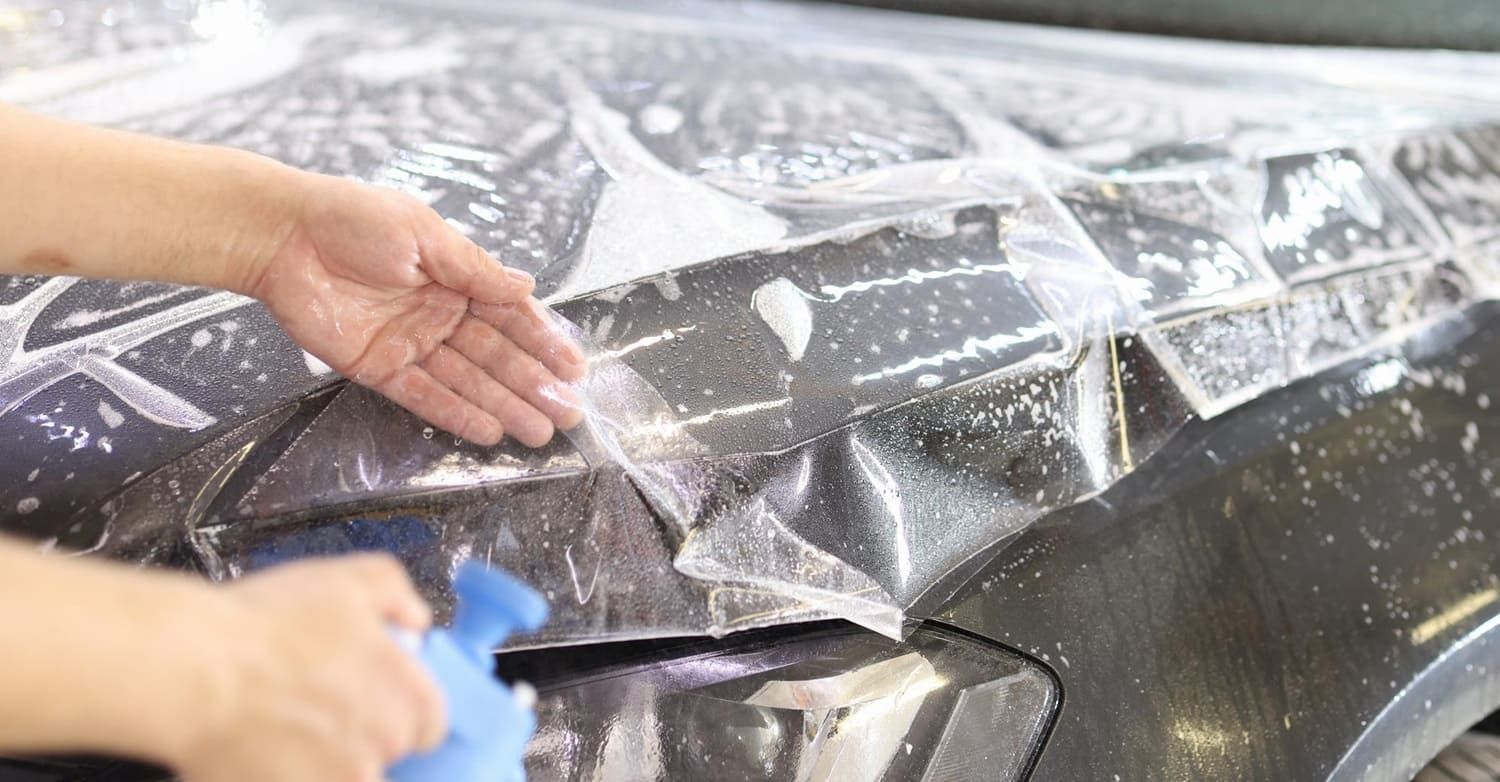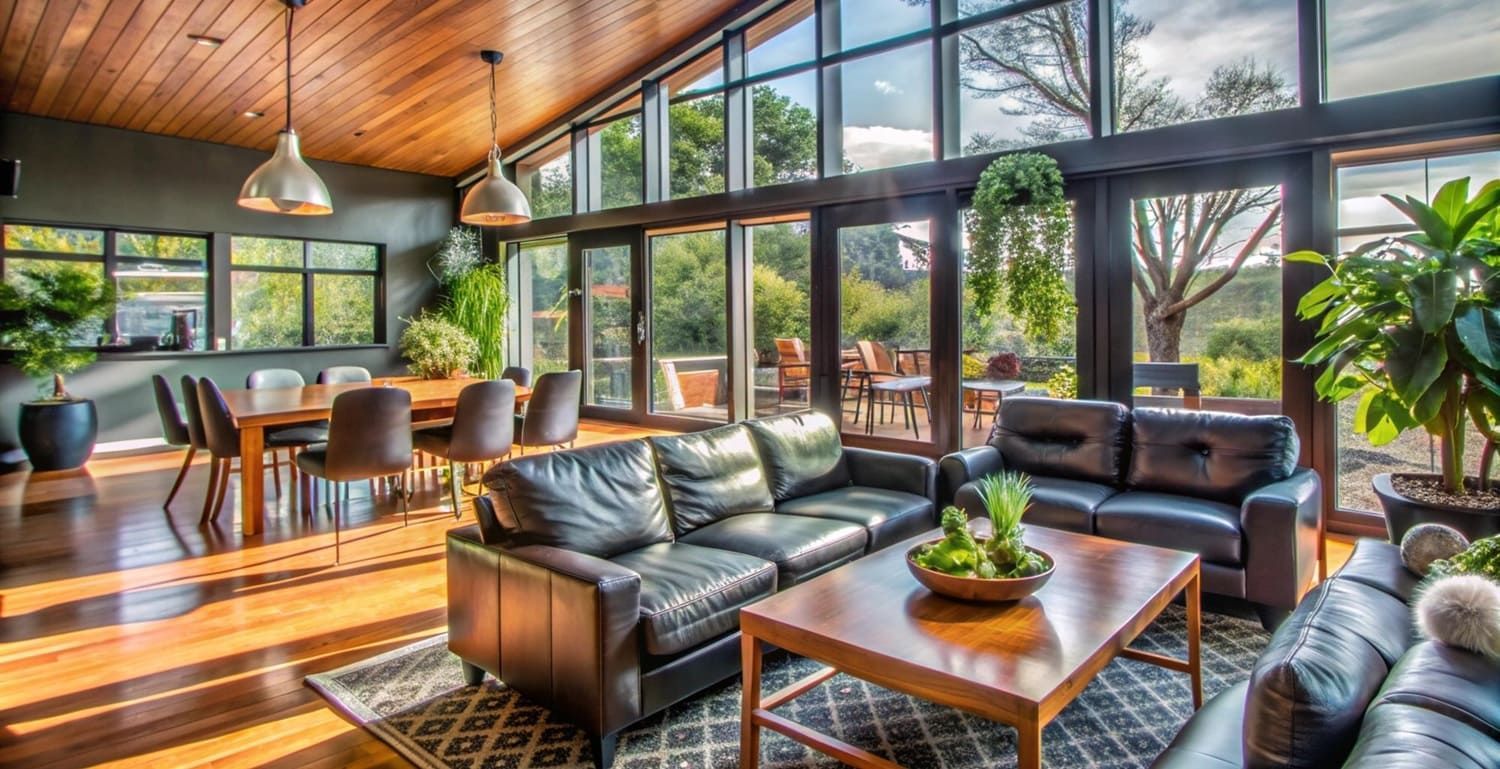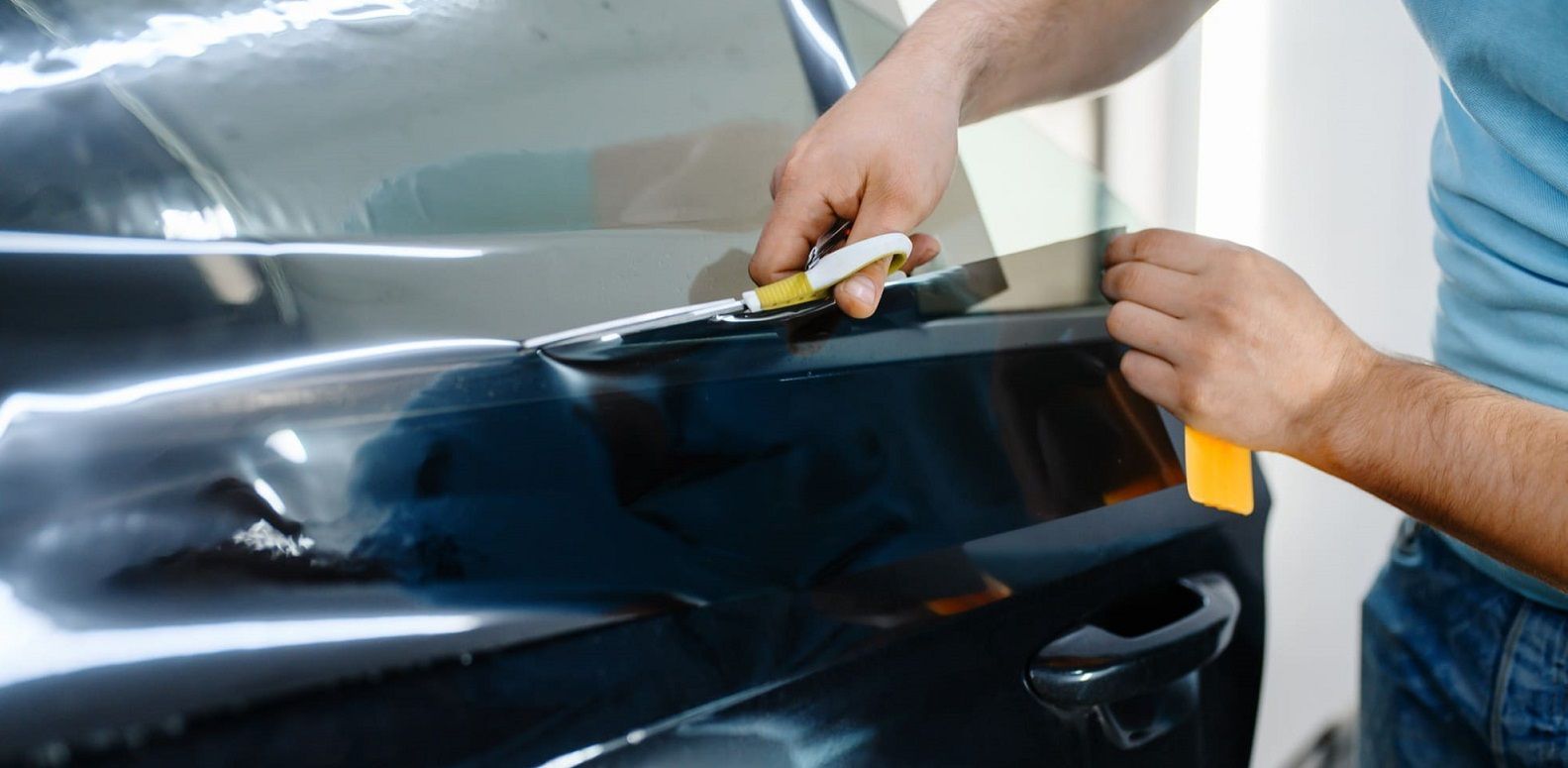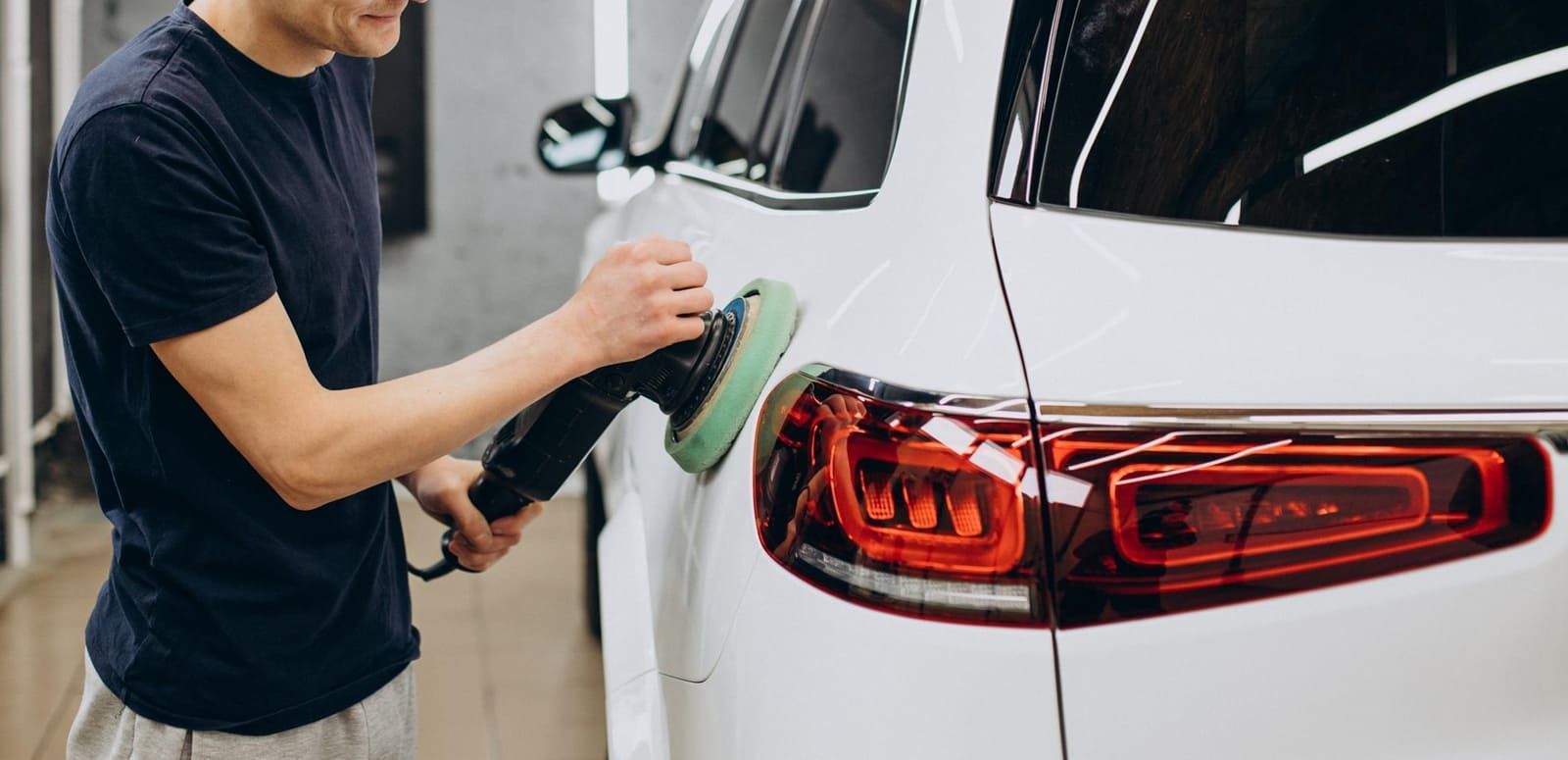Everything You Need to Know About Paint Protection Film (PPF) for Cars
Owning a car is a significant investment, and naturally, you want to keep it looking pristine for as long as possible. Whether you're cruising down the highway or parked in your driveway, your vehicle is constantly exposed to potential damage. From minor scratches to the harsh effects of the sun, the elements can gradually wear down your car's exterior. One popular way to maintain the exterior of your vehicle is by using Paint Protection Film (PPF). This durable, clear film shields your car from scratches, chips, and environmental damage. In this article, we'll delve into everything you need to know about PPF, from its benefits to installation methods, and whether you can tackle the job yourself.
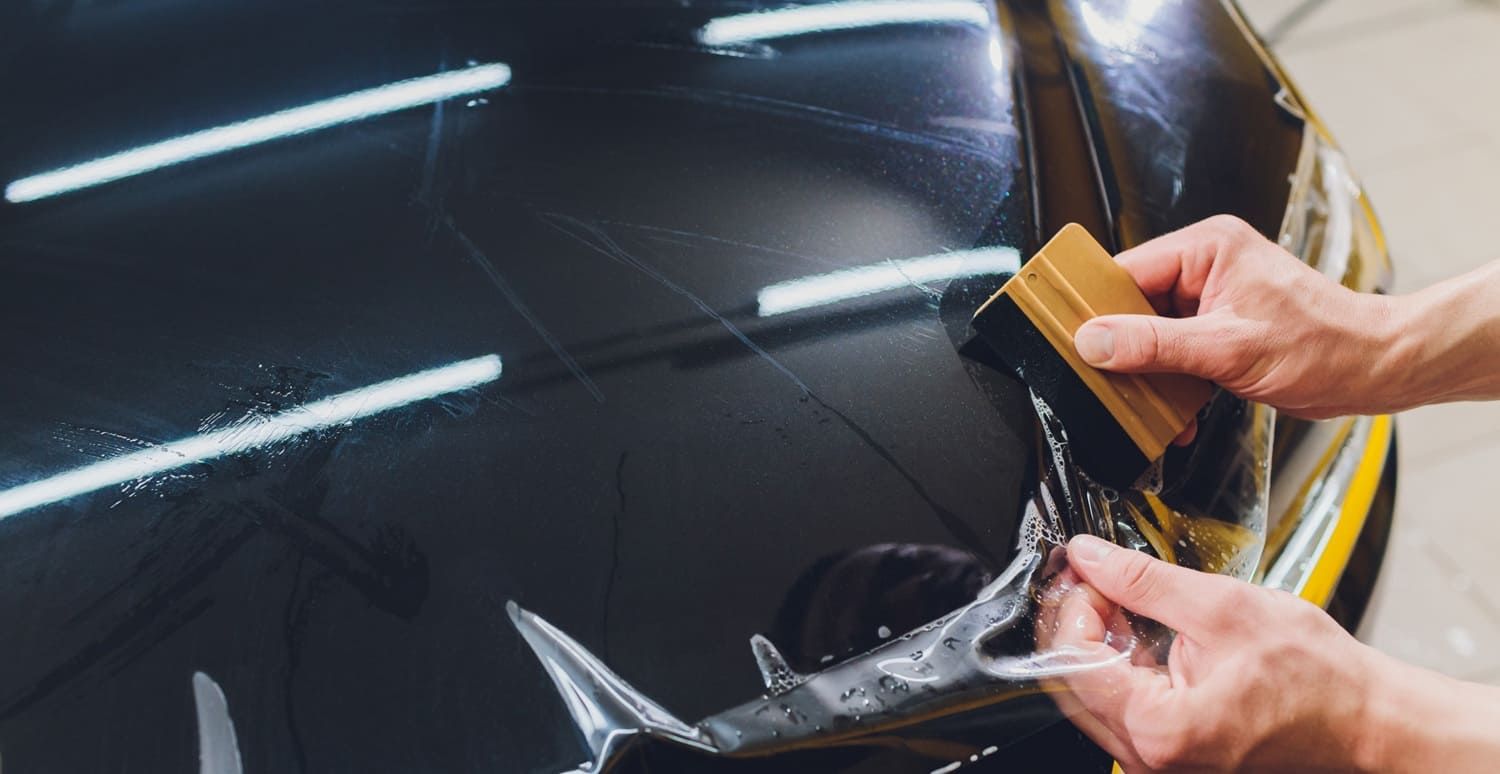
What is Paint Protection Film?
Paint Protection Film, commonly known as PPF, is a transparent, thin layer of thermoplastic urethane. Originally developed for military use to protect helicopter blades and other sensitive equipment, it has since found its way into the automotive world. Its popularity in the automotive industry has soared due to its remarkable protective qualities. PPF is applied to the exterior of cars to guard the paint against various damages such as stone chips, minor abrasions, and even UV exposure. As car owners increasingly look for ways to preserve their vehicles' showroom finish, PPF emerges as a reliable and effective solution.
Benefits of PPF
Understanding the benefits of PPF can help you decide if it is the right choice for your vehicle. Beyond the obvious advantage of maintaining aesthetics, PPF offers a host of protective features that can save you money and effort in the long run.
Protection Against Physical Damage
One of the primary benefits of PPF is its ability to protect your car's paint from physical damages. Whether it's road debris, gravel, or even a light scratch from a branch, PPF acts as a shield, absorbing impacts that would otherwise damage the paint. This protective layer can also help reduce the severity of damage from minor fender benders or door dings, maintaining the integrity of your car's bodywork. In regions with harsh weather conditions, PPF can also protect against sand, salt, and other road treatments that can cause abrasion over time.
UV and Chemical Protection
PPF not only protects against physical harm but also offers a barrier against UV rays and chemical contaminants. This means your car's paint remains vibrant and less prone to fading over time. The film's UV resistance extends the life of your vehicle's paint, ensuring it looks newer for longer. Additionally, the film resists stains from bird droppings, tree sap, and other corrosive substances. This chemical resistance means that everyday substances that would typically mar your paint job are less likely to leave permanent marks.
Self-Healing Properties
Many modern PPFs come with self-healing properties. This means minor scratches and swirls can disappear with the application of heat from the sun or a warm water source, keeping the film, and consequently your paint, looking flawless. These self-healing capabilities are a technological advancement that adds significant value to PPF, making it a smart investment for car owners looking for low-maintenance solutions. The ability of the film to 'heal' itself from minor abrasions means less frequent replacements and repairs, providing peace of mind and ensuring your car always looks its best.
Installation of Paint Protection Film
Choosing the right installation method for PPF is crucial for achieving the best results. The decision between professional installation and DIY largely depends on your budget, skill level, and the complexity of your vehicle's design.
Professional Installation vs. DIY
When it comes to installing PPF, you have two options: professional installation or doing it yourself. Each has its own set of advantages and challenges. Understanding the pros and cons of each approach can help you make an informed decision that aligns with your goals and resources.
Professional Installation
Opting for a professional installation ensures a high-quality finish. Professionals have the experience, tools, and environment needed to apply PPF without bubbles or imperfections. They can also offer warranties on their work, providing an added layer of security. While more expensive, this option guarantees the best results, especially for those with intricate vehicle designs or minimal DIY experience. Professional installers are trained to handle the nuances of PPF application, ensuring that every curve and corner is perfectly covered.
DIY Installation
For those wondering, "Can you install paint protection film yourself?" the answer is yes, but with caution. DIY kits are available and can save you money. However, installing PPF requires patience, precision, and a dust-free environment. Mistakes can lead to bubbles, misalignment, or damage to the film, which might not provide the full protective benefits. Successful DIY installation demands a steady hand and a keen eye for detail, making it suitable for those who are confident in their abilities and willing to invest the time required.
Steps for DIY Installation
If you decide to go the DIY route, follow these basic steps:
- Preparation: Clean your car thoroughly to remove any dirt or contaminants. Ensure the workspace is dust-free. A clean surface is essential for proper adhesion and to avoid trapping particles under the film.
- Cut the Film: If not pre-cut, carefully measure and cut the film to fit your vehicle's panels. Precision in cutting is crucial to avoid wastage and ensure a seamless fit.
- Application Solution: Use a solution to keep the film and car surface wet during application. This helps with alignment and reduces air bubbles. A good application solution can make the film more manageable and easier to reposition.
- Positioning: Gently lay the film onto the car surface, adjusting as needed to align perfectly with the edges. Take your time with this step to ensure the film is correctly aligned before proceeding.
- Squeegee Out Bubbles: Starting from the center, use a squeegee to push out air bubbles and excess solution towards the edges. This step is critical for achieving a smooth, professional-looking finish.
- Curing: Allow the film to dry and adhere completely before exposing it to harsh conditions. Proper curing ensures the longevity and effectiveness of the PPF.
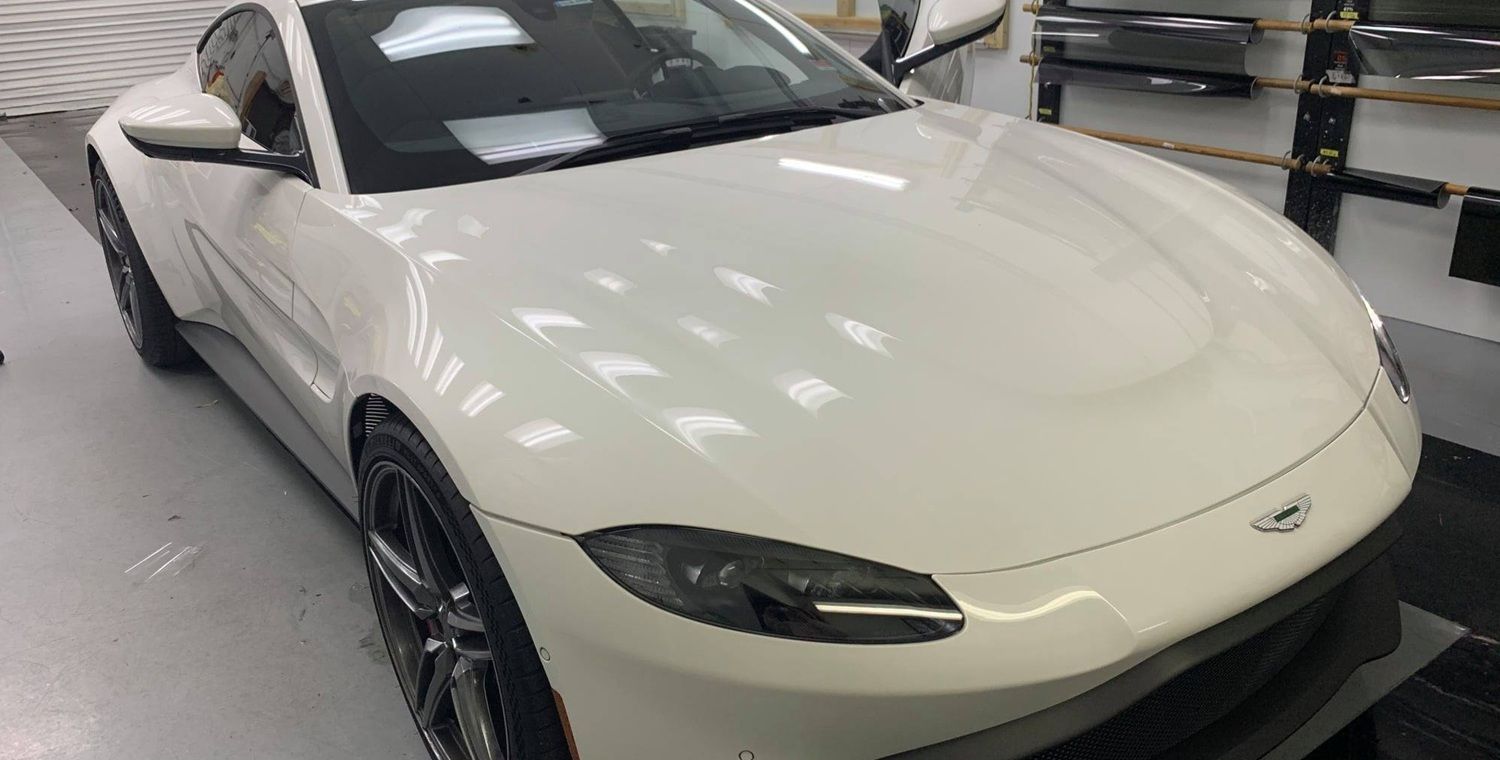
Maintenance and Longevity
PPF is a long-term investment in your car's appearance. With proper care, it can last anywhere from 5 to 10 years. Regular maintenance not only extends the life of the film but also enhances its protective capabilities.
- Regular Washing: Hand wash your car with mild soap. Avoid high-pressure washers that can lift the edges of the film. Gentle washing helps maintain the film's clarity and adhesion.
- Avoid Harsh Chemicals: Use PPF-safe cleaning products. Harsh chemicals can degrade the film over time. Opt for gentle, non-abrasive cleaners to preserve the film's integrity.
- Promptly Remove Contaminants: Clean off bird droppings, tree sap, and other contaminants quickly to prevent stains. Prompt cleaning prevents potential etching and staining of the film.
Cost Considerations
The cost of PPF varies based on several factors. Understanding these factors can help you budget effectively and choose a solution that meets your needs without overspending.
- Coverage Area: The more surface area you cover, the higher the cost. Full-body coverage is more expensive than partial applications like just the hood or bumper. Consider what parts of your vehicle are most at risk and prioritize those areas.
- Film Quality: Premium films with features like self-healing or enhanced UV protection will cost more. Investing in higher-quality film often translates to better durability and performance.
- Installation Method: Professional installation costs more due to labor but can ensure a flawless finish. Weigh the initial cost against potential savings from reduced maintenance and repair needs.
Is PPF Worth It?
For many car owners, PPF is a worthwhile investment, especially for high-value vehicles or those frequently exposed to harsh conditions. The decision to invest in PPF ultimately depends on your specific circumstances, including your vehicle's value, your driving environment, and your long-term goals. It preserves the car's paint, maintains resale value, and reduces the need for costly paint repairs. However, it's essential to weigh the initial cost against the protection benefits and your specific needs. Consider how PPF can enhance your vehicle ownership experience by minimizing worry about everyday wear and tear.
Conclusion
Paint Protection Film offers a robust solution for maintaining your vehicle's exterior in top condition. At SOLARWORKS Glass Tinting in Roswell, GA, we specialize in the installation of high-quality Paint Protection Film (PPF) that shields your car's paint from scratches, chips, and environmental damage. By understanding the intricacies of PPF, from its protective benefits to various installation options, our expert team helps you make a well-informed decision that aligns with your vehicle's needs and your personal preferences.
Whether you choose professional installation with SOLARWORKS Glass Tinting or decide to install it yourself, understanding the process and benefits of PPF can help you maximize its effectiveness. Our professional installers ensure that the PPF is applied flawlessly, providing you with peace of mind knowing your car's paint is shielded from the elements. With our premium PPF services, you can confidently drive your car, knowing it's protected against the challenges of the road and environment.
Protect your investment and enjoy the lasting benefits of Paint Protection Film with SOLARWORKS Glass Tinting. Our commitment to quality and customer satisfaction ensures that your vehicle remains in pristine condition, enhancing both its appearance and resale value. Contact us today for a free estimate and let SOLARWORKS Glass Tinting provide you with the best protection for your vehicle's exterior.
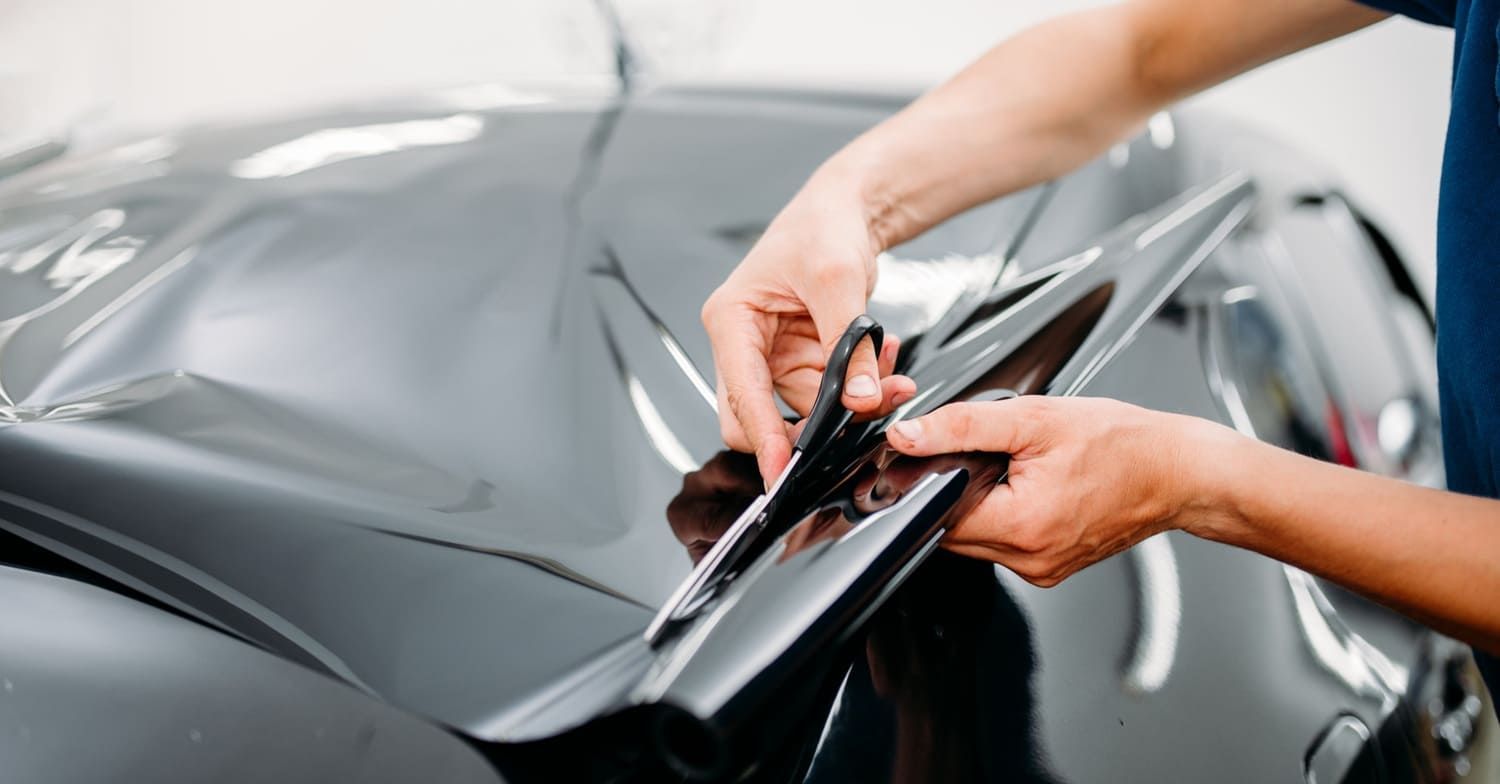
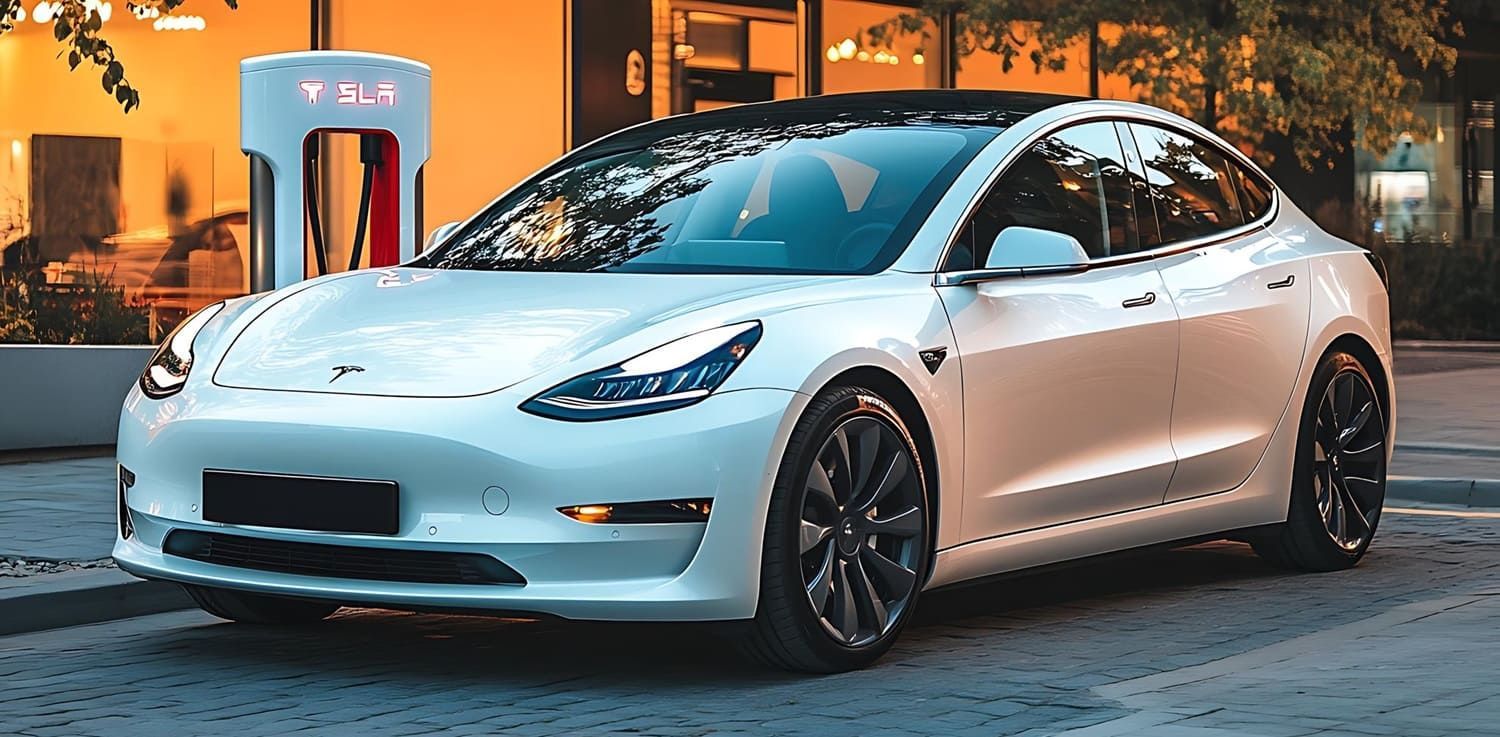
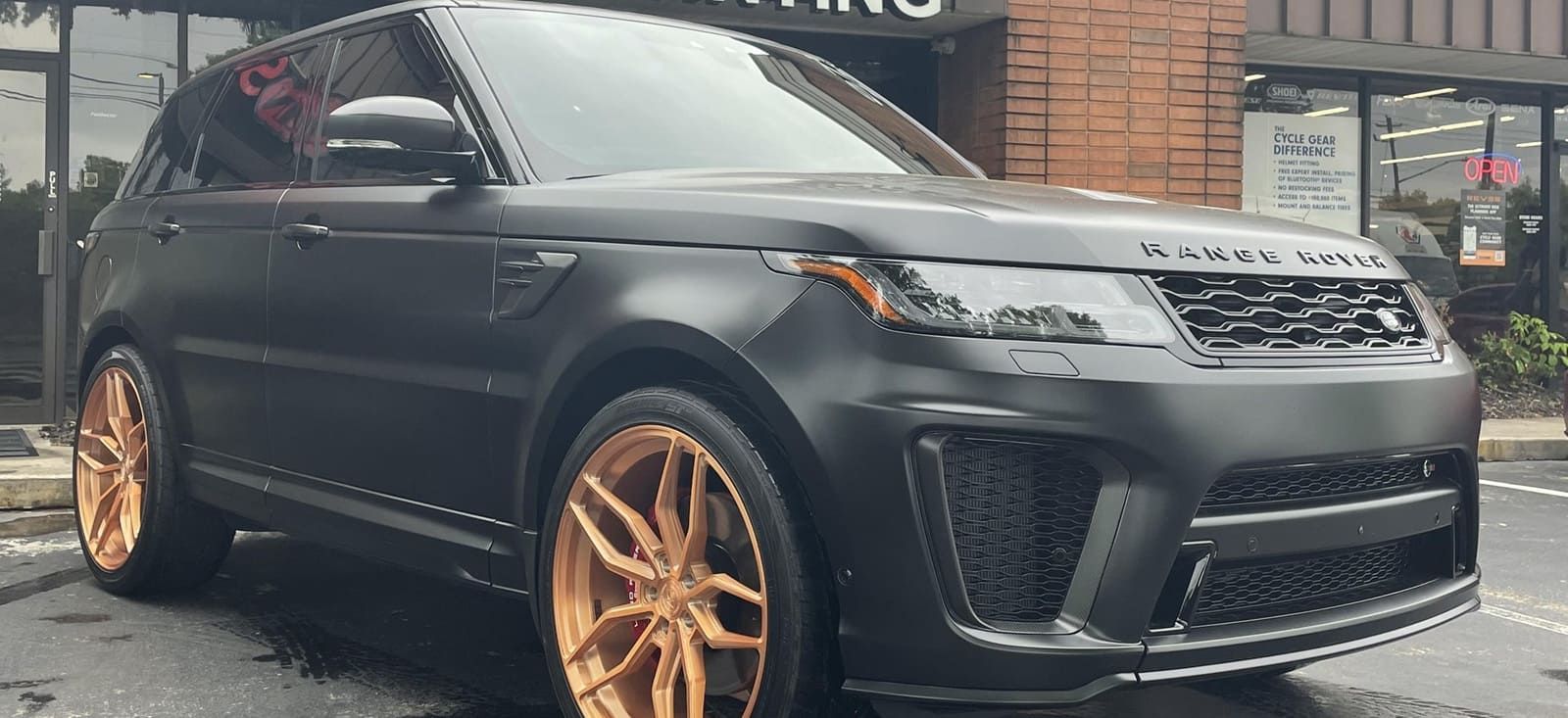
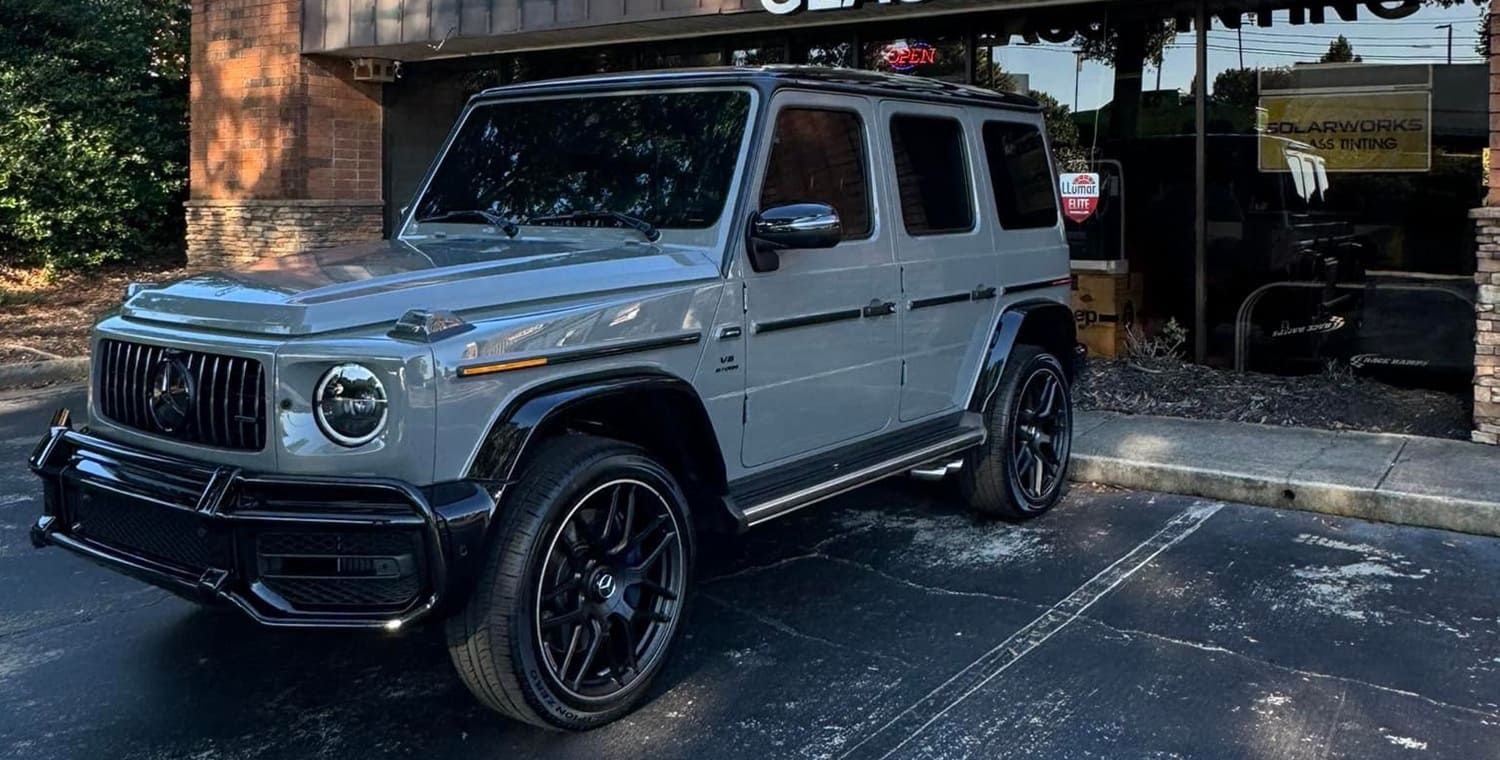
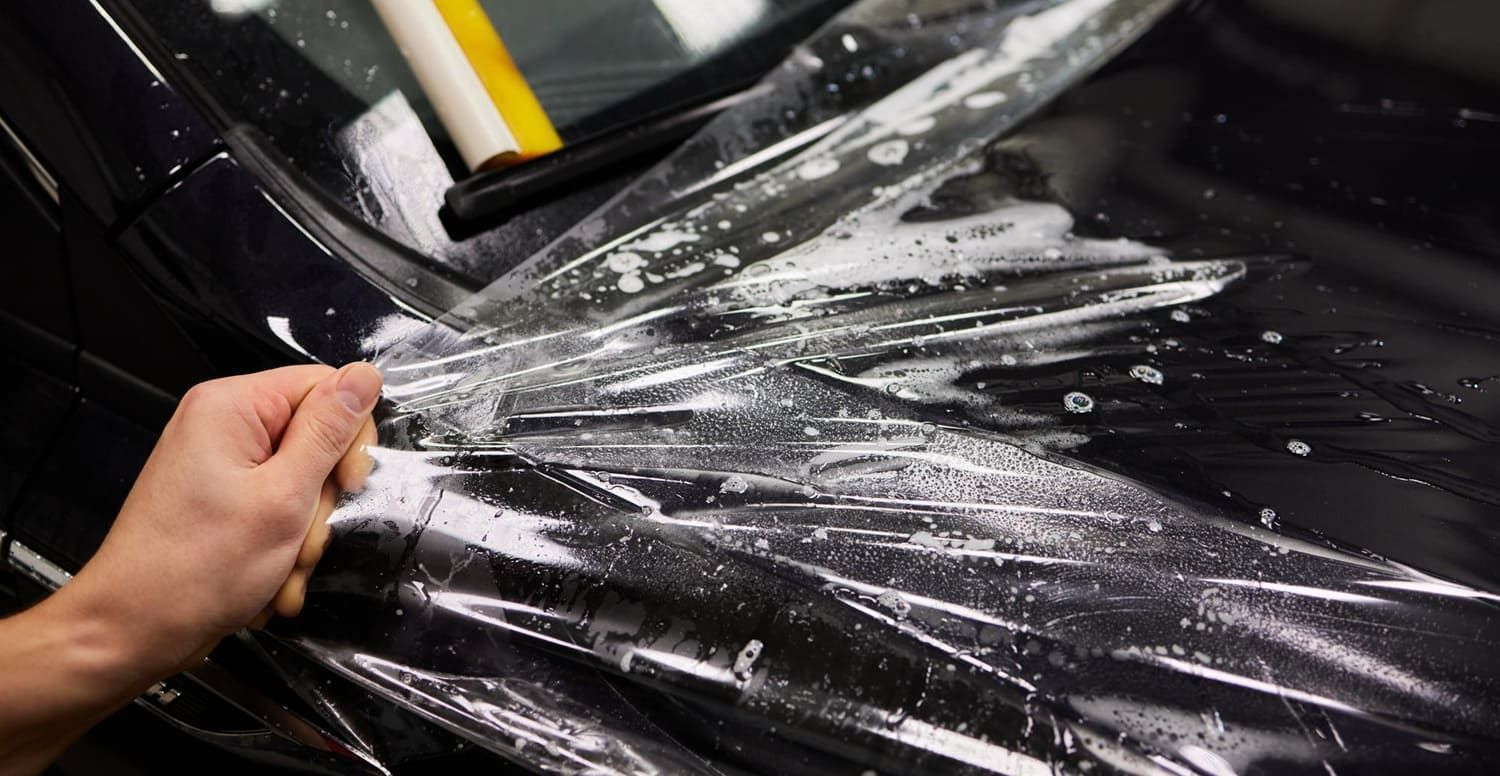

SOLARWORKS Glass Tinting
11230 Alpharetta Hwy, Suite 111
Roswell, GA 30076
Phone: (770) 664-4100
Monday: 9:00am - 6:00pm
Tuesday: 9:00am - 6:00pm
Wednesday: 9:00am - 6:00pm
Thursday: 9:00am - 6:00pm
Friday: 9:00am - 6:00pm
Saturday: CLOSED
Sunday: CLOSED


SOLARWORKS Glass Tinting
11230 Alpharetta Hwy, Suite 111
Roswell, GA 30076
Phone: (770) 664-4100
Monday: 9:00am - 6:00pm
Tuesday: 9:00am - 6:00pm
Wednesday: 9:00am - 6:00pm
Thursday: 9:00am - 6:00pm
Friday: 9:00am - 6:00pm
Saturday: CLOSED
Sunday: CLOSED


SOLARWORKS Glass Tinting
11230 Alpharetta Hwy, Suite 111
Roswell, GA 30076
Phone: (770) 664-4100
Monday: 9:00am - 6:00pm
Tuesday: 9:00am - 6:00pm
Wednesday: 9:00am - 6:00pm
Thursday: 9:00am - 6:00pm
Friday: 9:00am - 6:00pm
Saturday: CLOSED
Sunday: CLOSED

All Rights Reserved | SOLARWORKS GLASS TINTING


